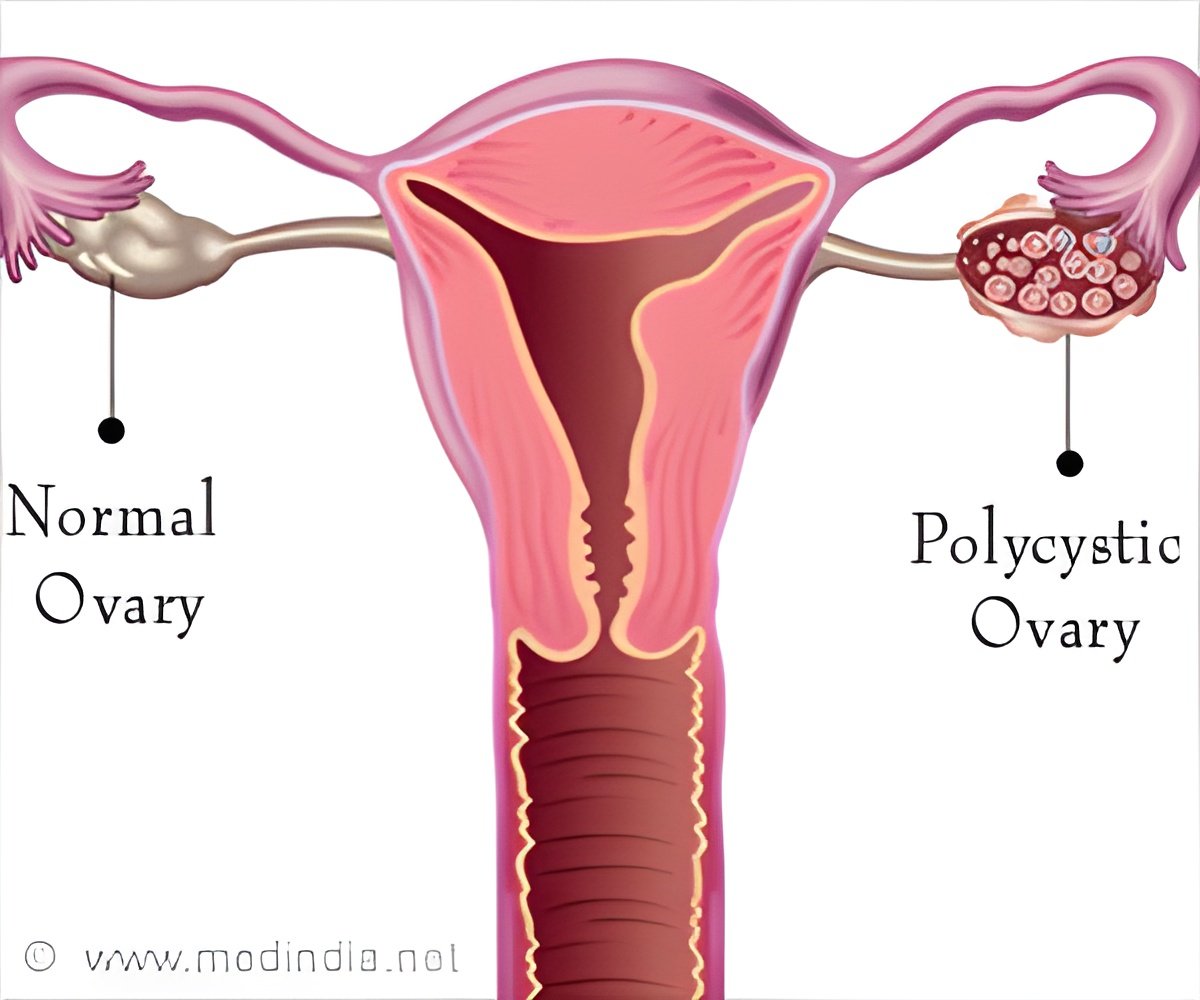Anti-Mullerian hormone (AMH) blood levels may provide a useful biomarker for the diagnosis and treatment of polycystic ovary syndrome in obese adolescent girls.

‘Anti-Mullerian hormone (AMH) blood levels may provide a useful biomarker for the diagnosis and treatment of polycystic ovary syndrome in obese adolescent girls.’





Kim and colleagues investigated whether blood AMH concentrations could be changed or improved over a six-month period in 37 obese girls with PCOS. The girls were, on average, around 14 years old and were being treated in a PCOS clinic at the University of Pittsburgh. The researchers randomly assigned 20 girls to receive drospirenone-ethinyl estradiol (DEE) and 17 to receive or rosiglitazone for six months. At baseline and at six months, the researchers measured the AMH levels in all the girls and evaluated their body composition, abdominal adiposity, total and free testosterone and insulin sensitivity.
At six months, AMH levels decreased with DEE treatment but not with rosiglitazone. Compared with the girls of similar age who did not have PCOS, AMH levels were almost twice as high in the girls with PCOS. AMH levels correlated positively with age, abdominal visceral, subcutaneous and total adipose tissue, total and free testosterone, but showed no correlation with insulin sensitivity.
"The increased level of serum AMH is related to the high levels of testosterone secretion as well as the greater abdominal adiposity, and AMH may be a possible surrogate for ovarian antral follicle number. AMH level was a predictor of PCOS diagnosis, independent of age and body mass index, and may provide a useful biomarker for the diagnosis and treatment of PCOS in obese adolescent girls," Dr. Kim said.
Source-Eurekalert










